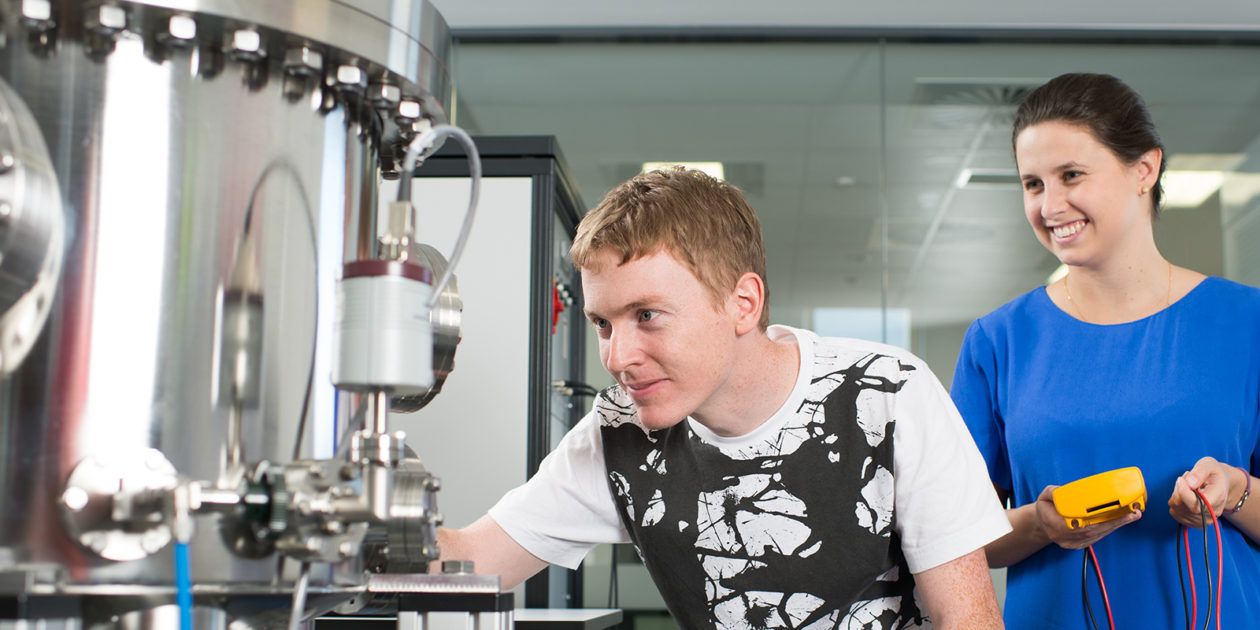Outline
Outline
Extractive metallurgists extract and purify metals and other products from ores obtained through mining operations. They have a strong understanding of chemistry, environmental science and mineralogy.
In this course you will learn to develop, optimise and manage the operation of metallurgical processing plants in an economical and environmentally responsible way. These plants transform low-value raw materials into useful, high-value mineral and metal products.
You will cover the chemical, physical, economic, environmental and sustainable principles and practices for the extraction of metals from ores.
Your first year will be taught at our main campus in Perth, the second year in either Perth or Kalgoorlie, and the final year in Kalgoorlie, which can help you maximise your exposure to industry and potential future employers.
You can select from a large range of specialisations to study with this Science major. To see our full list of specialisations, visit curtin.edu/sae-special.
You can also study this course as part of a double degree program: Bachelor of Science (Extractive Metallurgy) and Bachelor of Engineering (Chemical Engineering).
Please refer to the handbook for additional course overview information.
How to apply
This major sits within the Bachelor of Science degree. To apply for this major, you will apply for the Bachelor of Science. In step 3 of the application process, you will be asked to confirm the major you wish to study.
Applying as an undergraduate student is easy. For information tailored to your situation, visit our easy to follow instructions to get your application started.
Ready to apply?
What jobs can the Extractive Metallurgy course lead to?
Careers
- Metallurgist
- Plant metallurgist
- Process metallurgist
- Processing consultant
Industries
- Banking and finance
- Minerals and mining
- Research and development
What you'll learn
- apply minerals and metallurgical scientific principles to metallurgical process operation
- think critically and creatively to generate innovative solutions and apply logical an rational processes to analyse minerals and metallurgical technology practice
- access, evaluate and synthesise minerals and metallurgical information from multiple sources
- communicate in ways appropriate to the discipline of minerals engineering and metallurgy
- use and apply technologies, recognising their advantages and limitations, when applied to minerals and metallurgical information
- demonstrate responsibility and self-learning skills by applying critical reflection and being proactive
- describe and apply international best practice standards in minerals engineering and metallurgical methods and technologies
- demonstrate respect for cultural diversity in professional life
- work ethically and professionally, both within a team and independently

